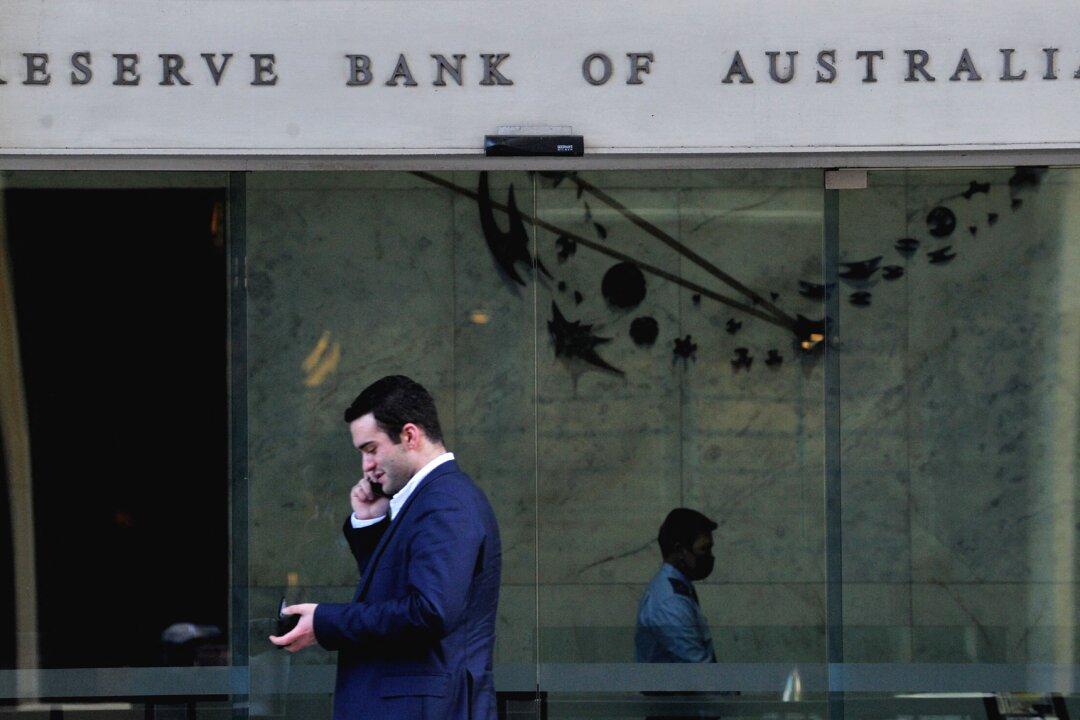The Reserve Bank of Australia (RBA) has decided to pause its interest rate hiking cycle in April, providing Australian mortgage holders and small businesses a brief reprieve as they navigate challenging economic conditions.
At its board meeting on April 4, the central bank announced that it would keep the official cash rate stable at 3.6 percent after lifting it for 10 consecutive months.





